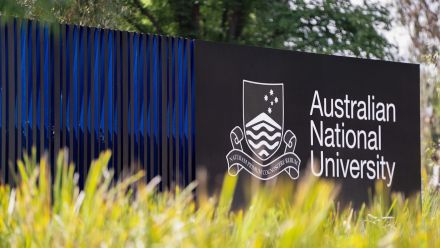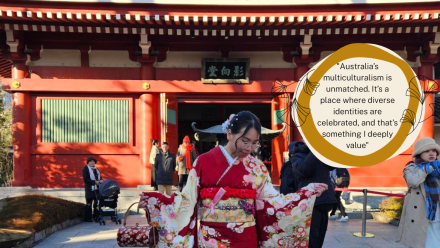ANU Professor Elected to Royal Academy of Engineering
Distinguished Professor at The Australian National University (ANU) and Australian Academy of Science President, Chennupati Jagadish, has been elected an International Fellow of the United Kingdom's Royal Academy of Engineering.
Professor Jagadish was elected by his peers for his pioneering work in applying nanotechnology to semiconductor optoelectronic sources and detectors, as well as his significant contributions to semiconductor lasers, optoelectronic integration and nanowire devices.
His work is widely exploited in optical communication systems and infrared detectors used in the defence, biomedical and manufacturing industries.
Professor Jagadish is one of seven International Fellows elected this year, alongside 60 Fellows from within the United Kingdom and five Honorary Fellows.
Professor Jagadish said it is a great honour to be elected to such an esteemed body.
"I look forward to joining the Fellows of this national academy to champion excellence in engineering, both in practice and advocacy, and bringing its many benefits to the public," he said.
The Royal Academy of Engineering is the UK's national academy of engineering, providing leadership for engineering and technology and independent expert advice to government in the UK and elsewhere.
Founded in 1976 with support from the late HRH Prince Philip, and The Duke of Edinburgh, the Royal Academy of Engineering is composed of a Fellowship of almost 1,700 eminent engineers.
Sir Jim McDonald FREng, President of the Royal Academy of Engineering, said he was delighted to welcome such an array of enormously talented people to the Fellowship of the Royal Academy of Engineering.
"In an uncertain world, one thing is certain - engineering skills, vision and leadership will play a crucial part in addressing the escalating domestic and global challenges that we face today.
"The combined connectivity, professionalism, experience and wisdom of the new Fellows who join us today will greatly enrich the expertise and support we can provide to the government and to society in general," Sir McDonald said.


